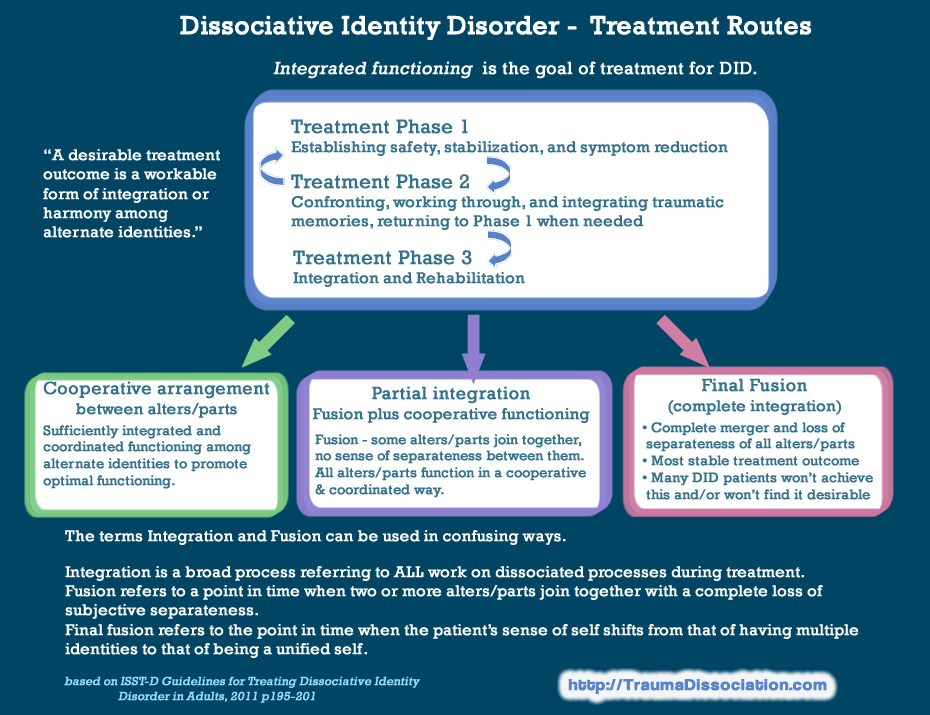Explore the Health Benefits of Time-Restricted Eating
If you’re looking for a way to reset your body, it may be time to try an increasingly popular plan – time-restricted eating. This new take on nutrition focuses on eating within a specific timeframe each day, to unlock the potential of your body and improve your general health. Keep reading to learn about the potential health benefits of time-restricted eating and find out why it’s becoming an increasingly popular choice for healthy eaters.
1. Unlocking the Potential of Time-Restricted Eating
Time-restricted eating has become increasingly popular in recent years as people try to unlock the many benefits and health gains it provides. As the name suggests, this method involves limiting food intake to a certain time window each day.
By condensing eating to a set window, individuals are giving their bodies time to rest between meals, allowing them to better absorb nutrients and reduce cravings and overeating. This is the key to healthy eating – a window during which you can eat and fuel your body without overdoing it. With time-restricted eating, it’s much easier to stick to your healthy diet as you’ll be less tempted by indulgent foods. Here are some of the potential benefits it could bring:
- Weight Loss: Studies have found regular time-restricted eating can lead to increased levels of fullness, fewer cravings, and improved satiety. Over time, this will result in weight loss.
- Improved Metabolism: Restricting your eating to a smaller window can improve your body’s metabolic efficiency and speed up the metabolism. This will lead to a lower risk of diabetes, heart disease, and other metabolic disorders.
- More Energy: By keeping metabolism at a healthy level and giving your body more time to rest, the result will be increased energy. This can help with focus, making it easier to get through the day.

2. Retrain Your Body: Unexpected Health Benefits
Retraining your body has some amazing health benefits that you may not expect. Taking time to pause and focus on yourself can improve your overall wellbeing. Here are some of the benefits:
- Improves Mobility: Re-conditioning your muscle memory can help increase your range of movement and improve your posture.
- Improve Strength: Retraining your body using different techniques can help to improve your muscular strength.
- Advanced Breath Control: Learning to take deeper, slower breaths can help reduce stress and boost your immune system.
- Stress relief: Periodically taking a break from your regular routine to focus on yourself can help to reduce stress levels.
One of the best things about retraining your body is that there is a wide variety of techniques available for any lifestyle or fitness level. Yoga, Pilates, meditation, and even simple stretching are all excellent methods to re-focus your body and reap the unexpected health benefits that come with it.
3. Strategic Increase in Autophagy
Increasing Autophagy: A Path Toward Optimal Health
Autophagy is an important cellular process for maintaining optimal health, so making a deliberate effort to increase autophagy can be beneficial. Autophagy helps to regulate and remove damaged and unnecessary cells, making it a powerful tool for slowing down the aging process. A number of strategies can be used to increase autophagy, including:
- Fasting – A controlled period of fasting is a powerful way to trigger the bodys’ autophagic process.
- Intermittent fasting – Eating within a specific window of time can also induce autophagy, for those who find prolonged fasting to be too intense.
- Caloric restriction – Eating fewer calories can help to increase autophagy.
Exercise can also contribute to autophagy, and studies have suggested that it can enhance the autophagic process. Intense, weight-bearing exercise is the most beneficial, and it is important to maintain periods of rest for optimal results. Autophagy can also be induced through supplements, and the use of certain antioxidants can improve the effectiveness of autophagy. Ultimately, increasing autophagy can offer many protective and restorative benefits.
4. Deconstructing Habitual Eating Patterns
Breaking down and understanding why certain eating habits have become almost automatic is an important step in improving your diet. Many times, it’s easy to get into the rhythm of continual pleasure eating, and we don’t realize how chronically eating unhealthy foods takes a toll on our health. To start the process of understanding your eating patterns:
- Step back and take a look at your daily routine
- Notice when you feel more or less likely to reach for unhealthy snacks
- Analyze why certain foods may be more attractive to you
- Adopt the practice of mindful eating
As you start to pay attention to your eating habits, you’ll likely find patterns that are formed by more things than taste alone. Emotional and habitual triggers that influence your gastronomic decisions can become more apparent. Factors such as stress, boredom, and convenience can be responsible for the unhealthy choices made. Once these pernicious behaviors are brought to light, finding ways to replace them with healthier options is within reach.
5. Realigning Your Internal Clock: A Fountain of Youth for Your Body
Have you ever felt like you’re running on empty? That gaze in the mirror tells you beyond doubt that you’ve aged a little faster than you’d like. A decrease in energy levels, inconsistent sleeping patterns, and dull skin are an indication that you need to fix your biological clock. But how do you go about it? Fortunately, there are few ways you can reset your internal clock and reignite your energy levels.
- Diet: Feed your body with clean, beneficial food items. Eating your meals on time and consuming enough water is key. Incorporate more probiotics, healthy fats, and plant-based proteins to create a healthy balance for your body.
- Sleep Schedule: Create a strict sleep pattern. Going to bed and waking up at the same time daily is essential to get yourself in sync with your circadian rhythm. Make sure your sleeping environment is quiet and comfortable. It’s also important to avoid screens and digital devices an hour or two before sleep.
- Exercise: Get your body moving! Be it a session of yoga or a few sets of jumping jacks, staying active helps to recalibrate your internal clock by resetting your hormone balance. Consider introducing regular outdoor time as well. Remember to always incorporate rest days to aid your body’s recovery.
Embracing a healthier lifestyle requires dedication and willpower, but the end reward could be a more youthful appearance and increased energy levels. Revitalize yourself by realigning your body’s clock and live your life to the fullest!
Asked Questions
Q: What is time-restricted eating?
A: Time-restricted eating is an approach to eating that limits food consumption to certain periods of time during the day. This approach can be tailored to fit a person’s individual lifestyle and goals.
Q: What are the potential health benefits of time-restricted eating?
A: Time-restricted eating can reduce the risk of obesity, type 2 diabetes, high cholesterol, and high blood pressure. Additionally, it may help reduce inflammation, boost metabolism, and improve energy levels.
Q: Is time-restricted eating for everyone?
A: The answer depends on your individual needs and lifestyle. Talk to a healthcare provider to determine if time-restricted eating is right for you.
If you’re looking to get into better health, why not give time-restricted eating a try? With the promise of a wide range of physical and mental benefits, it could be just the thing to kick start your health and make you feel amazing!


